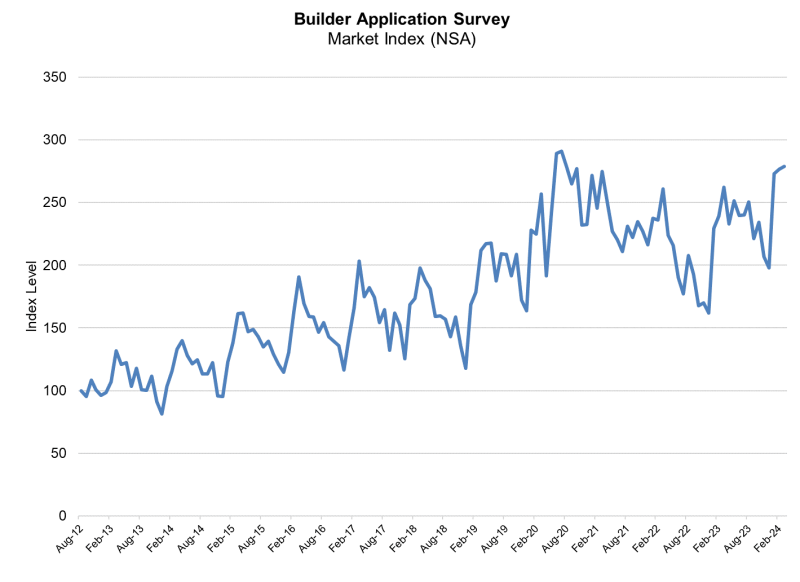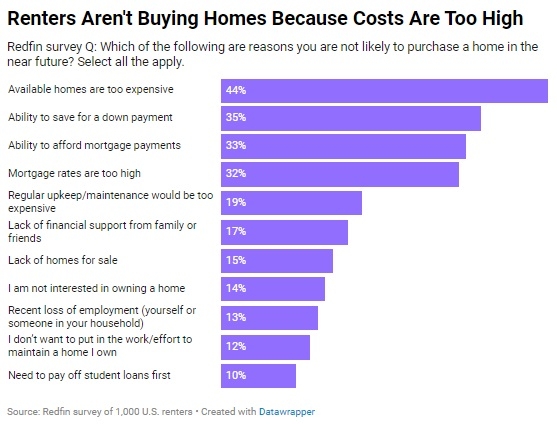Advertisement
Georgia broker pleads guilty to fraud scheme

Edward William Farley of Hoschton, Ga., has pleaded guilty in federal district court to committing a mortgage fraud, a real estate investment “Ponzi” scam involving over 150 victims, a check-kiting scheme and a bankruptcy fraud. According to Acting United States Attorney Sally Quillian Yates and the information presented in court: Farley, a former mortgage broker, operated through “Creative Home Search,” “Southern Land Partners,” “Georgia Land Group,” and “Global Mortgage” in Dunwoody and Norcross, Ga., to defraud mortgage lenders through same-day “flips” of properties located in Buford, College Park, Conyers, Cumming, Dacula, Grayson, Lawrenceville, Lithonia, Norcross, Marietta, Roswell, Snellville, and Suwanee.
Farley paid an appraiser to fraudulently inflate the value of each property by $50,000 to $100,000, and recruited often unqualified investor/borrowers to purchase them from one of his companies. The loan applications of these investor/borrowers who were purchasing the properties were often supported by false income, employment, bank deposits, bank statements, W-2s, and/or leases. However, as is common with “flips,” Farley did not purchase the properties he was selling to the investor/borrowers until after the fraudulently obtained loan proceeds on the “second” purchase had been disbursed. At that time he purchased the properties for up to $100,000 less than the amount of the inflated mortgage loans he had arranged for the investor/borrowers in the “second” purchase, thereby causing lenders to lose millions of dollars.
In the real estate investment-Ponzi part of the scheme, Farley then began to operate under the name of “Alliance Resource Management” (ARM) in Lawrenceville, Ga., to conceal his new source of income from prior victims. He falsely represented that ARM was in the business of purchasing primarily residential properties which were being renovated and sold at a profit, when ARM had insufficient equity and income to do so. Real estate investors and lenders, including private investors, corporate lenders, and banks, were induced through false promises that their investments and loans were fully secured by a first security position in property, plus a personal guarantee, and sometimes title insurance. FARLEY also provided promissory notes falsely promising ARM investors an interest rate between 14 percent and 60 percent. The same property was used to “fully secure” multiple investors and lenders, causing losses in excess of $20 million, with any victim repayments made from scheme proceeds generated from new investors and lenders in what is commonly known as a “Ponzi” scheme.
Farley also received $1.2 million from Washington Mutual Bank in a check-kiting scheme by transferring funds he did not have among several ARM bank accounts, and withdrawing scheme proceeds before the “insufficient funds” checks were returned. He then used $400,000 in investor funds solicited for property refinance loans to address the check-kiting problem.
Near the end of the scheme, Farley diverted assets of ARM to himself after a bankruptcy petition was filed, and concealed that diversion from the United States Bankruptcy Court and ARM creditors.
Farley was charged in a Criminal Information on Oct. 15, 2009 with bank fraud and conspiracy, which included the bankruptcy fraud. He pleaded guilty to those charges. He could receive a maximum sentence of up to 60 years in prison and a fine of up to $2 million plus full restitution to all victims. In determining the actual sentence, the Court will consider the United States Sentencing Guidelines, which are not binding but provide appropriate sentencing ranges for most offenders. There is no parole in the federal system.
For more information, visit www.usdoj.gov/usao/gan.
About the author





